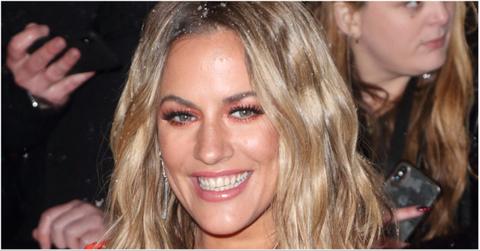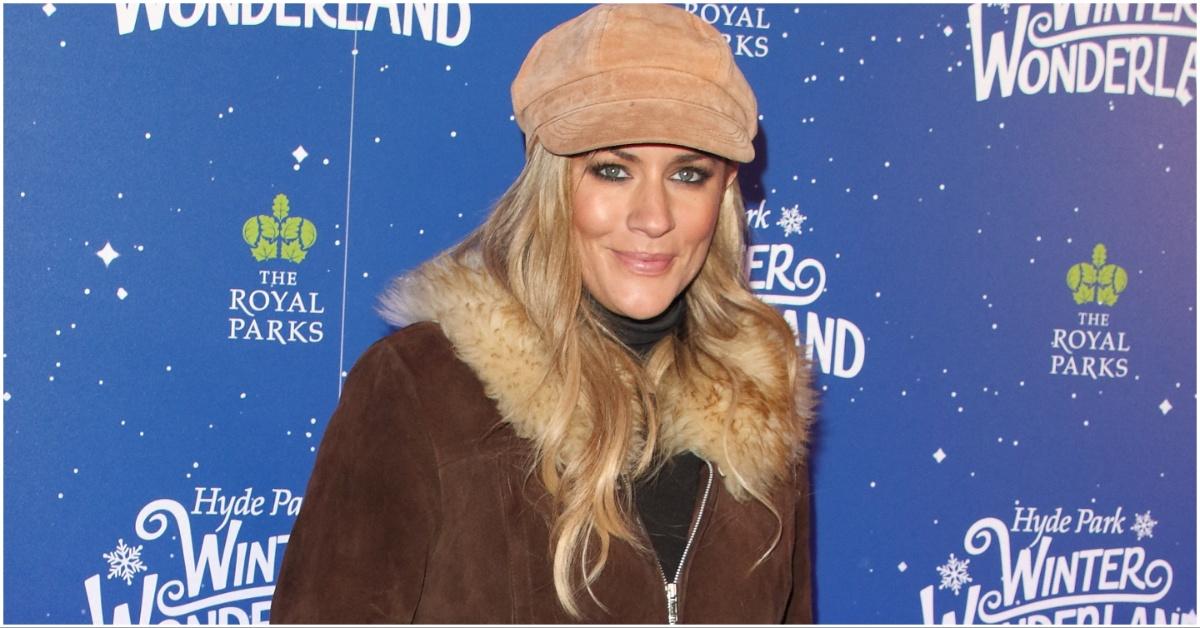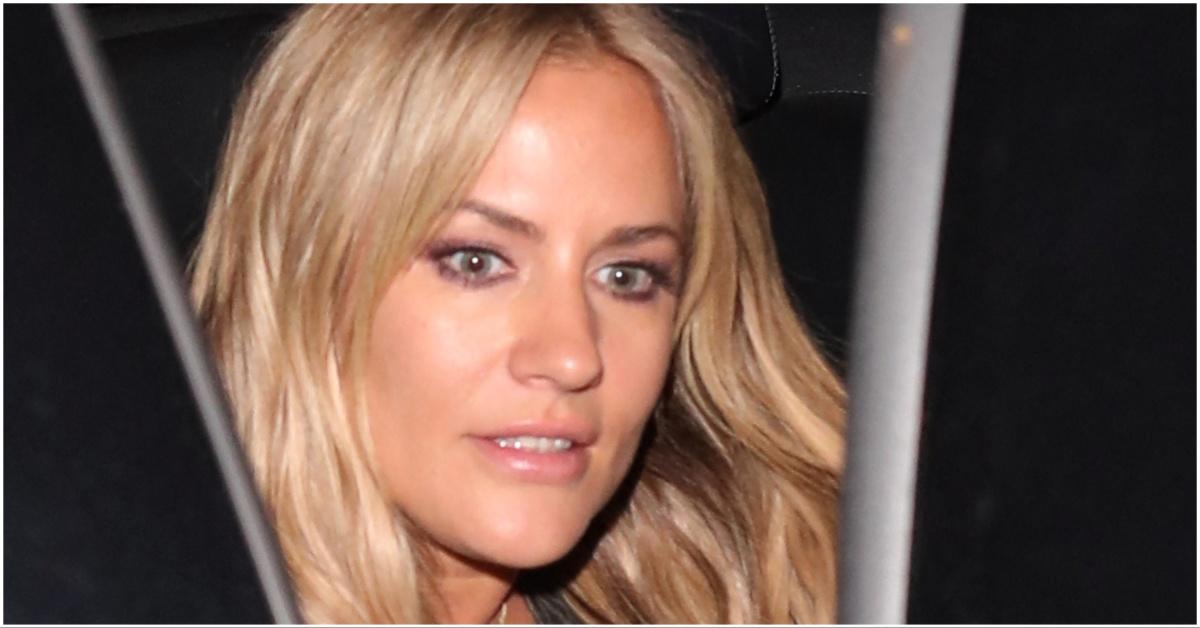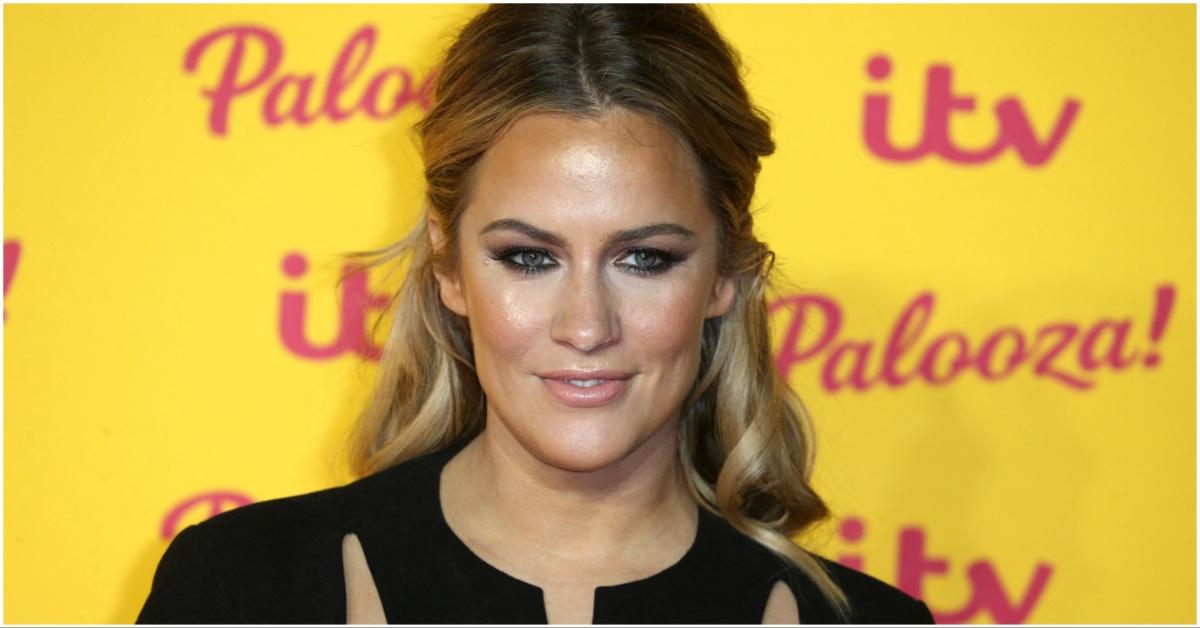Caroline Flack's Autopsy Report Sheds Light on Media Pressure And Her Final Days
No drugs. No alcohol. Just silence, pressure, and a system that didn’t protect her.
Published Nov. 12 2025, 12:42 p.m. ET

Content warning: This article mentions suicide.
When news broke that television presenter Caroline Flack had died in February 2020, fans were stunned. The Love Island host had been a familiar, upbeat face on screens across the U.K. and was known for her humor and warmth. Behind the charm, Caroline had been struggling — caught between a highly publicized court case, nonstop media attention, and the intense pressure of fame. For many, the question still lingers: What really happened?
Caroline Flack’s autopsy report offers some answers about her final moments and provides a deeper look at the weight she carried in the days before her death.

Caroline Flack’s autopsy report confirms she died by suicide.
According to details reported by People Magazine, Caroline died by suicide at her London home on Feb. 15, 2020. The official report listed the cause of death as "one by suspension by ligature.” No drugs or alcohol were found in her system, and authorities ruled that there were no suspicious circumstances.
The official investigation into her death noted that Caroline had been struggling with her mental health and was under enormous emotional strain. Just weeks earlier, she had been charged with assault after an alleged argument with her boyfriend, Lewis Burton — charges she denied.
Although Lewis asked that the case be dropped, prosecutors decided to move forward. Because the case was active, Caroline was advised not to speak publicly, which left her unable to defend herself against the wave of negative tabloid stories that followed.
Coroner Mary Hassell told Sky News: "I find the reason for her taking her life was she now knew she was being prosecuted for certainty, and she knew she would face the media, press, publicity — it would all come down upon her.”

The coroner added, speaking of Caroline’s death in court: "In spite of the fact she may have led — to some — a charmed life, actually the more famous she got, the more some of these difficulties increased — she had to deal with the media in a way most of us don't.”
Caroline's mother, Christine Flack, later told the court that her daughter felt “hounded” and “embarrassed” by the constant coverage. Her silence only amplified public speculation, turning her private pain into a very public spectacle.
Critics say Caroline's death became a turning point for how media treats public figures.
While the autopsy confirmed how Caroline died, the surrounding context — especially the relentless media pressure — became the focus of public anger. Many people, including close friends and fans, pointed to the role of sensationalist tabloids and online harassment in worsening her mental state.
In the months after her death, a wave of discussion swept through the U.K. about the ethics of media coverage and the treatment of celebrities facing personal struggles. According to the BBC, the hashtag #BeKind trended across social media, urging empathy and restraint from both journalists and audiences.

Several outlets later apologized for coverage that critics described as “cruel” or “reckless.” Others defended their reporting, saying it reflected a public interest story. For many observers, the damage was already done. The tragedy reignited conversations about mental health, accountability, and the price of fame in a digital world that never looks away.
Caroline’s death reflected something huge for public figures. It was a reminder of how unbearable the spotlight and pressure can become when humanity gets lost in the headlines. Today, her story continues to push audiences, journalists, and fans alike to ask for change — and to be kinder, before it’s too late.
If you or someone you know are experiencing suicidal thoughts, call, text, or message the 988 Suicide and Crisis Lifeline. Dial or text 988, call 1-800-273-8255, or chat via their website.